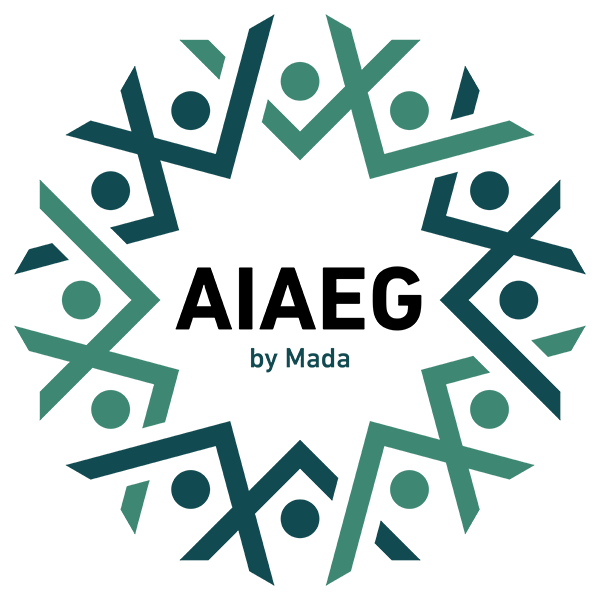Working Group: Authorized Arabic Translation WCAG 2.1
Web Content Accessibility Guidelines (WCAG) 2.1 covers a wide range of recommendations for making Web content more accessible. Following these guidelines will make content more accessible to a wider range of people with disabilities, including accommodations for blindness and low vision, deafness and hearing loss, limited movement, speech disabilities, photosensitivity, and combinations of these, and some accommodation for learning disabilities and cognitive limitations; but will not address every user need for people with these disabilities. These guidelines address the accessibility of web content on desktops, laptops, tablets, and mobile devices. Following these guidelines will also often make Web content more usable to users in general.
In January 2020, Mada, a W3C member, sent a letter of intent to lead the Authorized Arabic Translation of WCAG 2.1 as Lead Translation Organization (LTO) following the Policy for Authorized W3C Translations with support of W3C GCC Chapter.
The project is closed and completed
Coordinator: Dr. Achraf Othman, Mada Center, Qatar
Members:
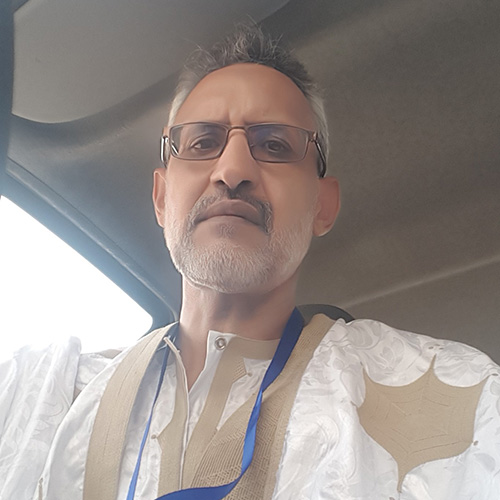
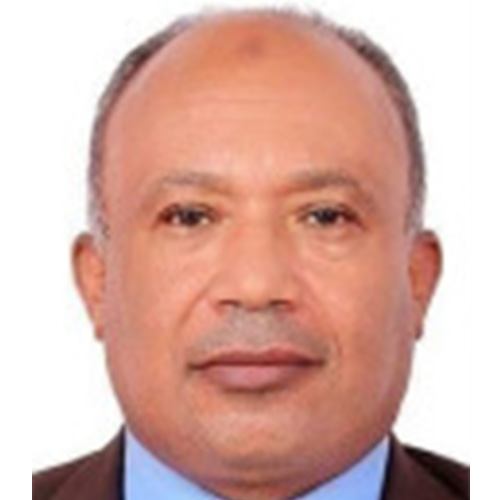
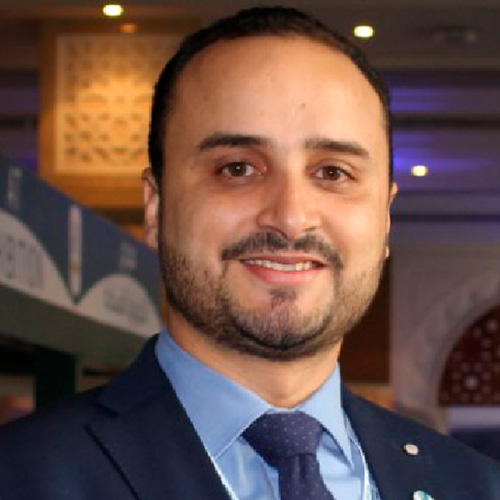
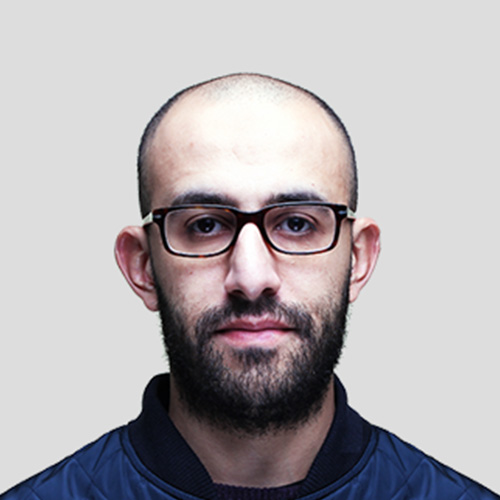
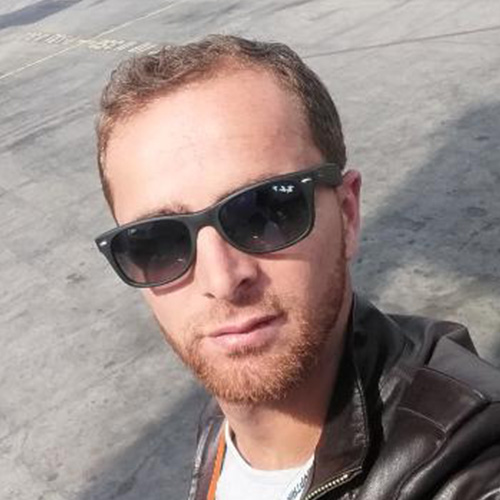
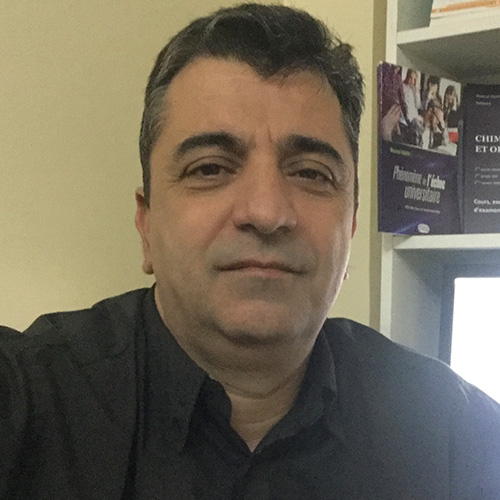
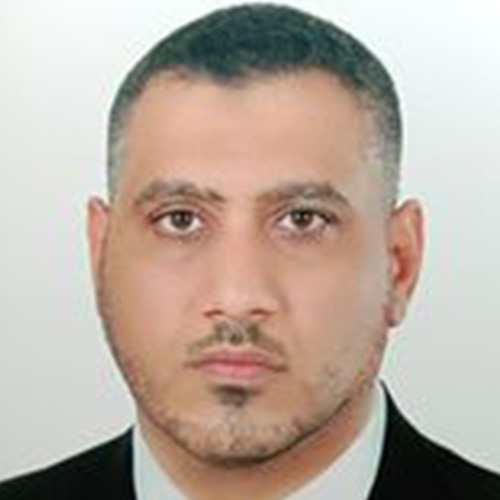
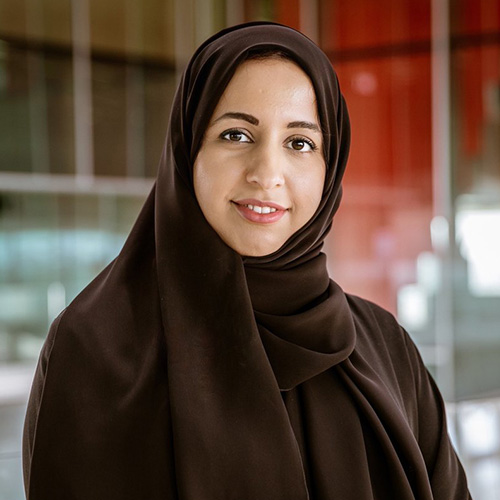
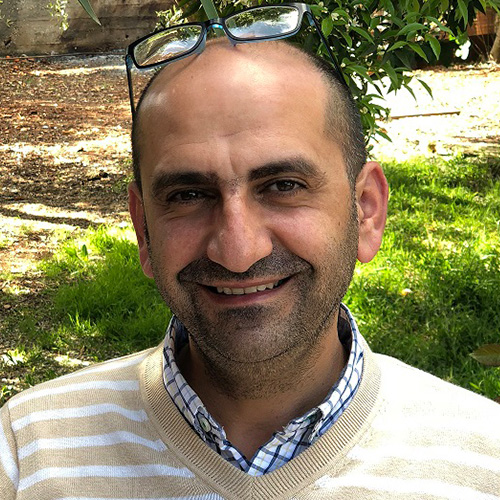
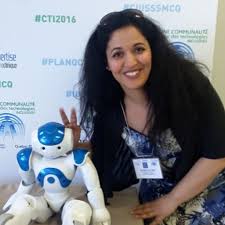
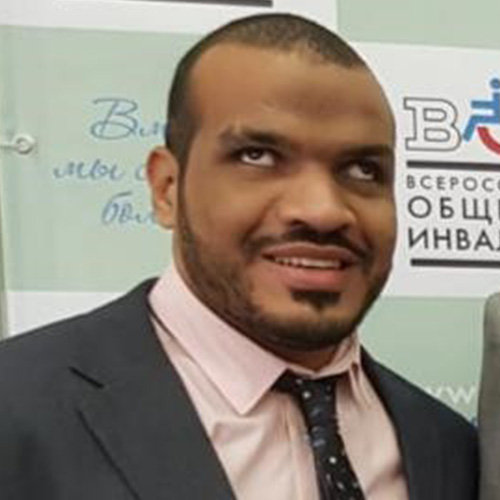
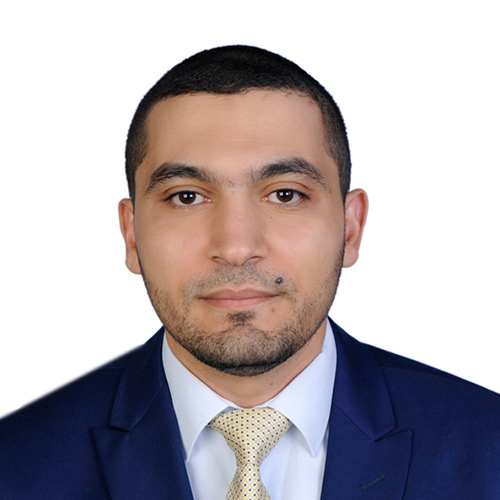
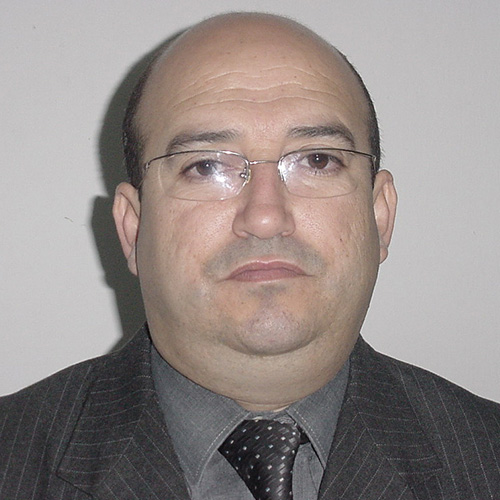
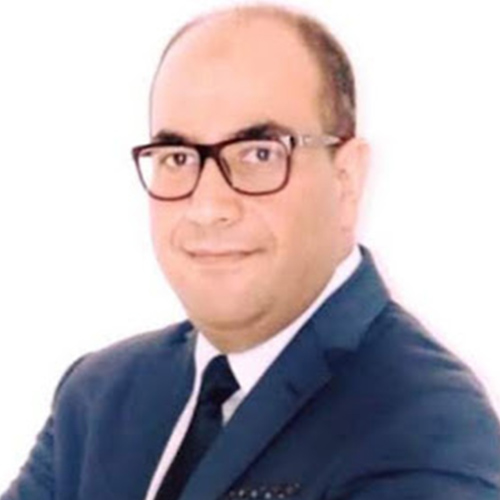
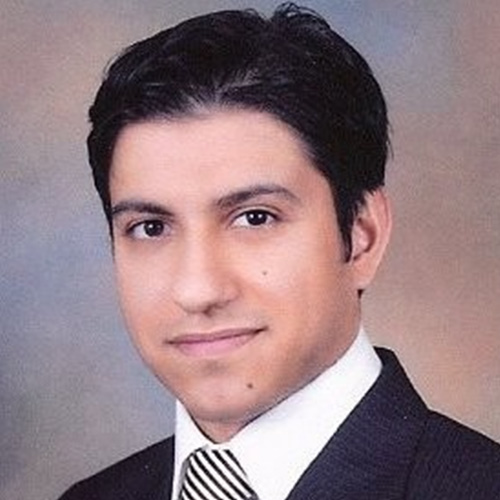
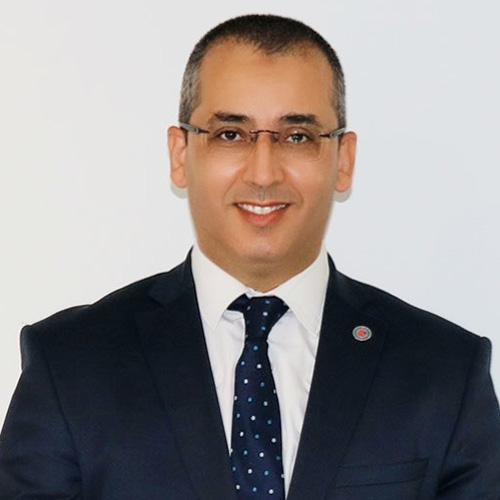
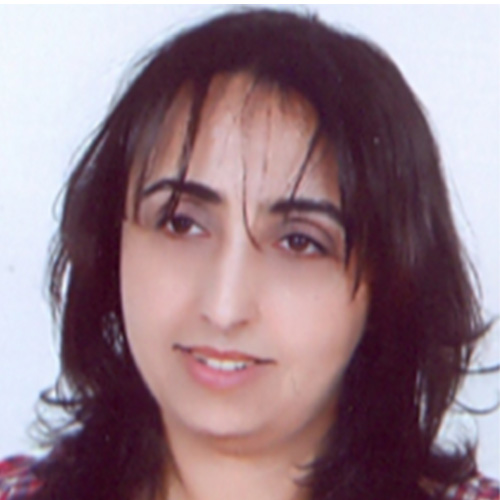
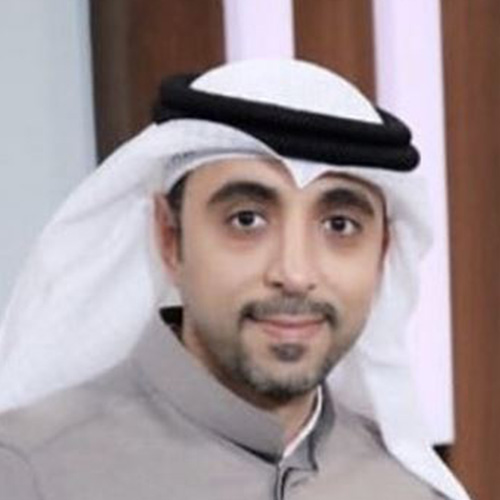
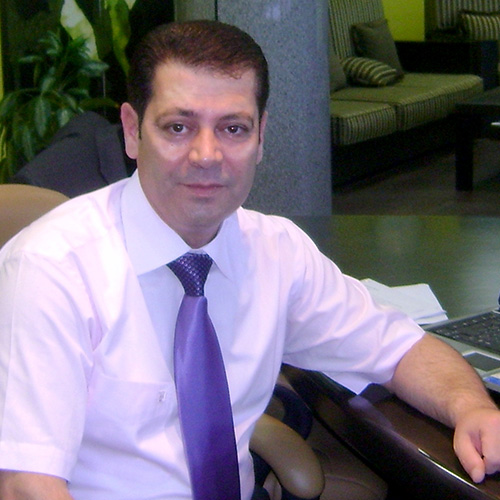
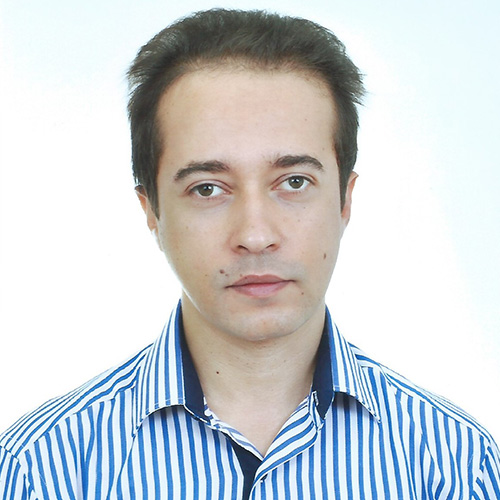

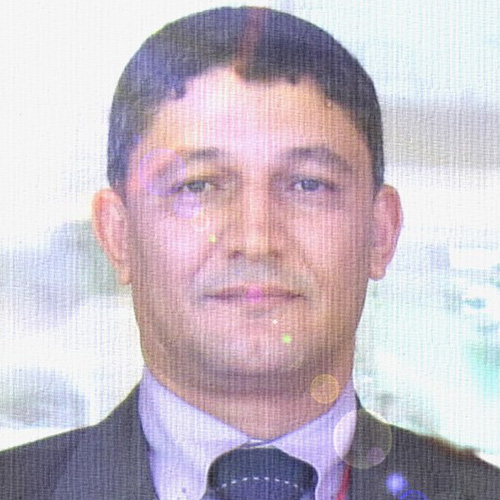
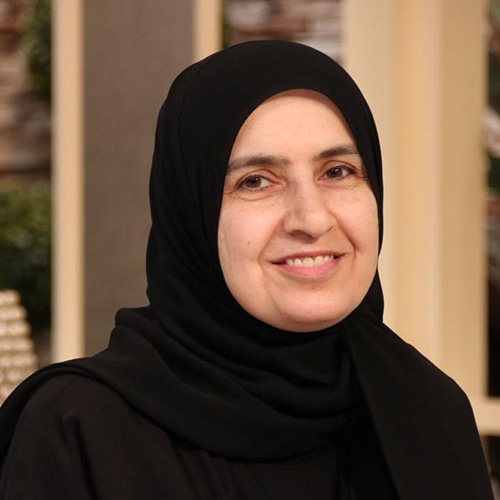
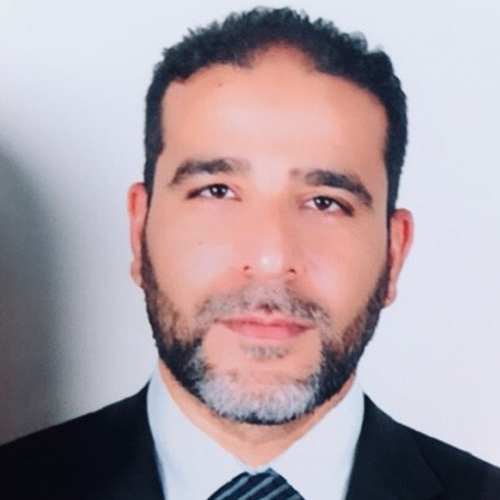
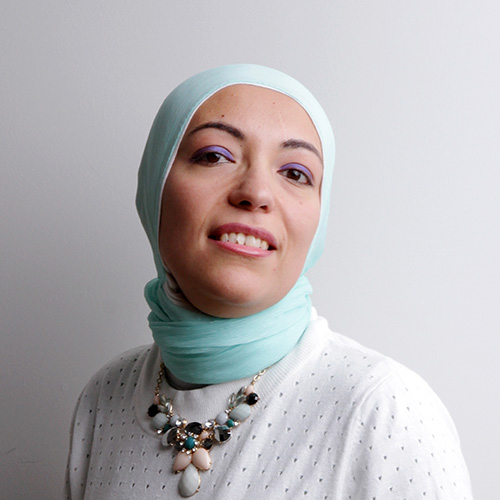
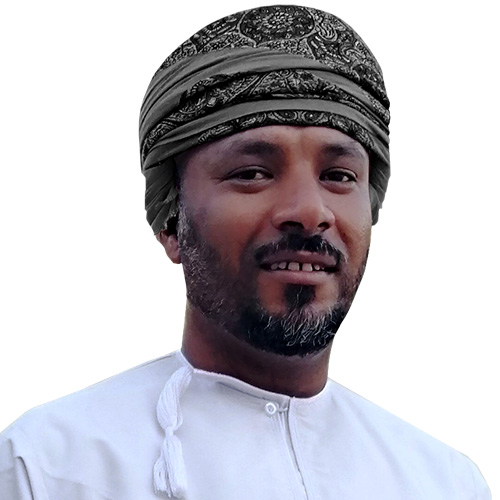
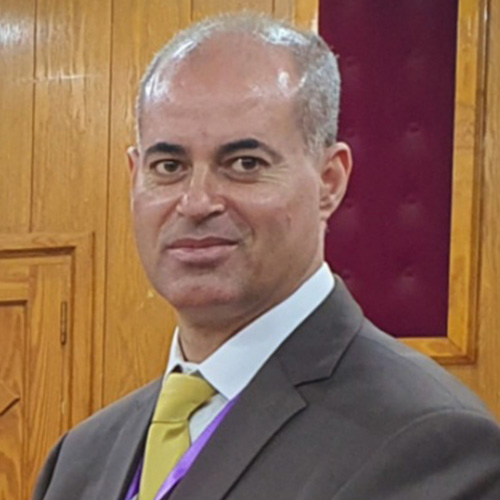
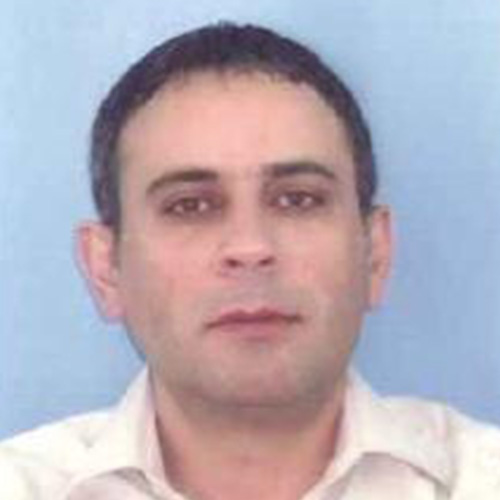
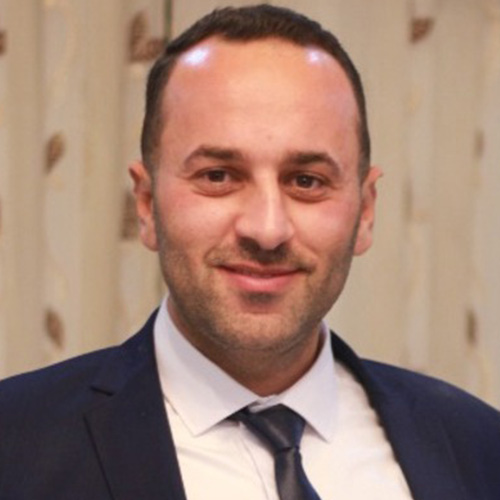
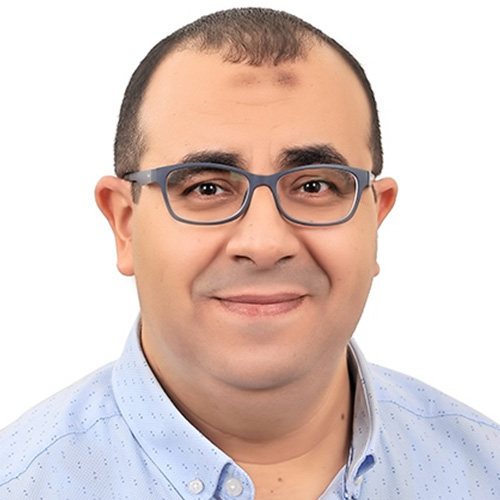
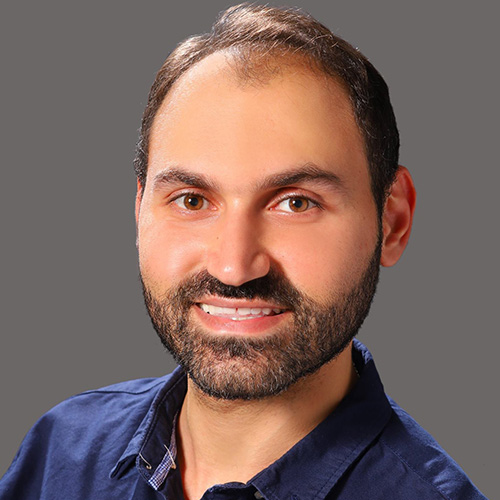
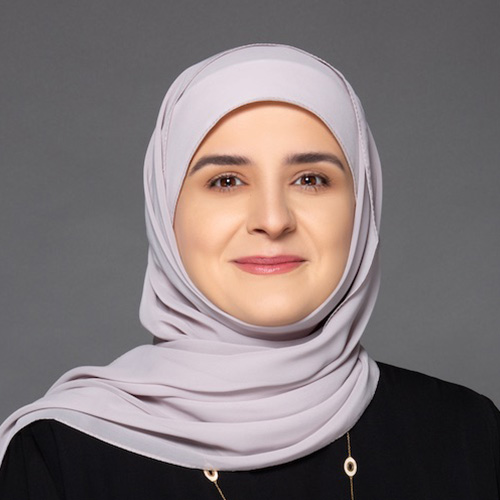
Working Group: Mada Accessibility & AT Glossary
Mada’s Glossary is the first dictionary of its kind, which includes terms related to ICT accessibility and assistive technology (AT) in the Arabic language. The Glossary was developed to serve as a vital resource for capacity building within ICT services, accessibility, and assistive technology in Qatar and beyond. Mada’s Glossary is essential to educate professionals, researchers, and individuals interested in the basic terms used in these fields. It is considered one of the first initiatives to provide such resources in Arabic.
Coordinator: Dr. Achraf Othman, Mada Center, Qatar
Members:








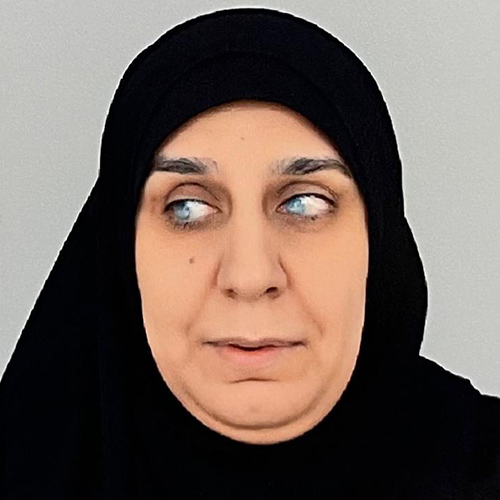

















Working Group: Mada ICT-AID (ICT Accessibility and Inclusive Design) Competency Framework
It is essential that people in Qatar and beyond, have the required competencies to use and develop universally accessible ICTs, in particular in Arabic language, as well as appropriate assistive technologies, and make it part of their professional practices, towards bridging the digital divide and making ICTs accessible to every user, so that no one will be left behind. On this premise, education, training and long life learning programmes harnessing the power of ICTs can enable all persons, including those with disabilities, to develop the necessary ICT accessibility and inclusive design ICT-AID relevant competencies for life and work. In response, MADA has developed the ICT-AID Competency Framework to guide training of students and workers on the foundation in ICT accessibility and inclusive design which allows the intended audience to make a sense of the experience of disability related to the use of ICTs, and to increase their accessibility awareness when using and creating electronic materials, and to apply accessibility standards and techniques, including W3C Web Content Accessibility Guidelines, so that they will be well prepared to excel in their accessibility professions and contribute in the creation of accessible products, content and services.
Coordinator: Dr. Mohamed Koutheair Khribi, Mada Center, Qatar
Members:

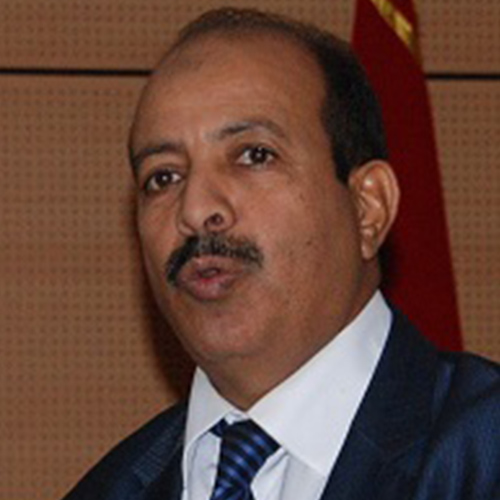
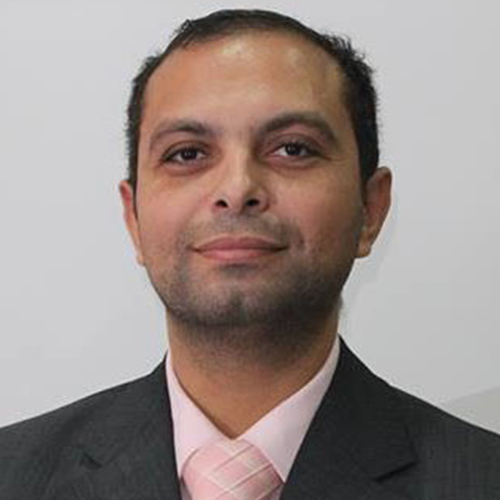
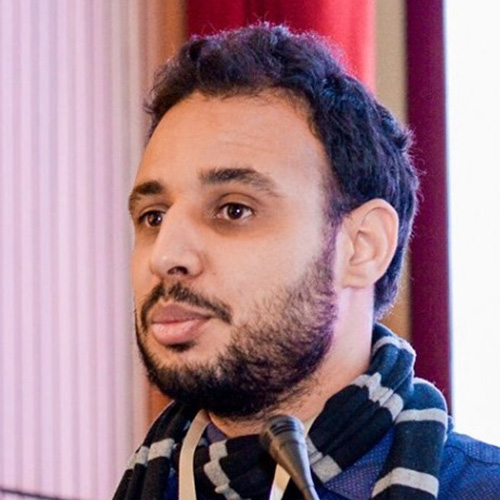

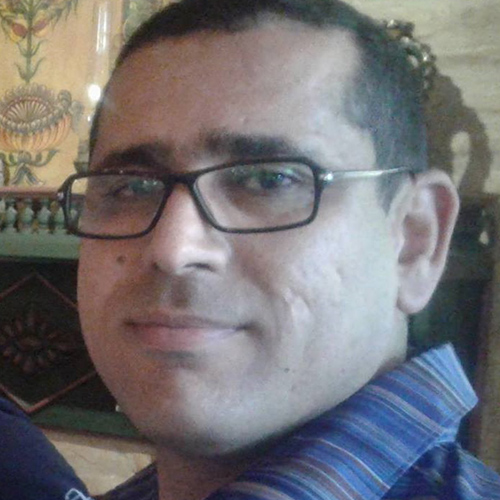
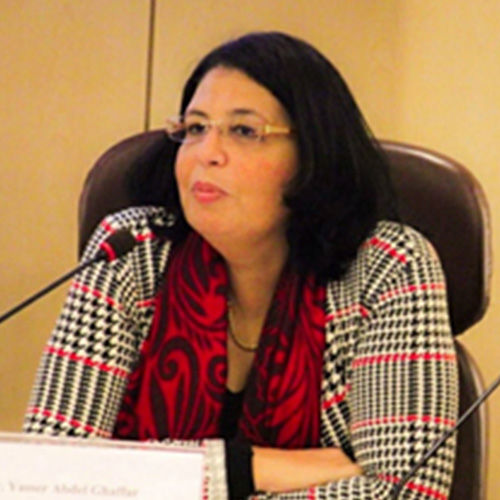
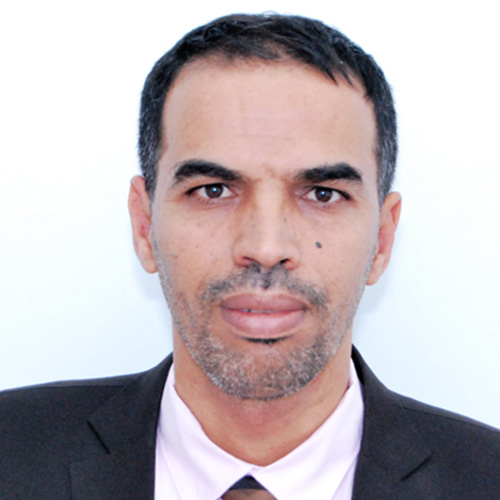
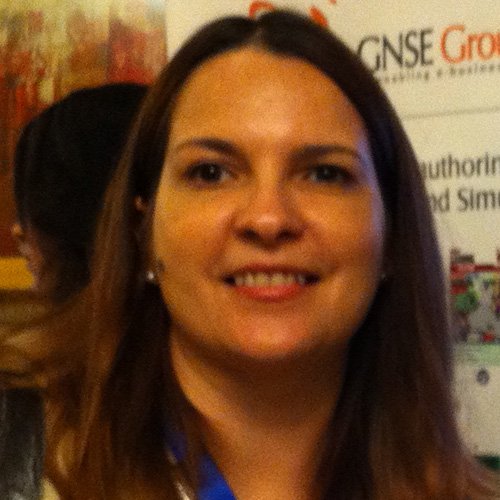

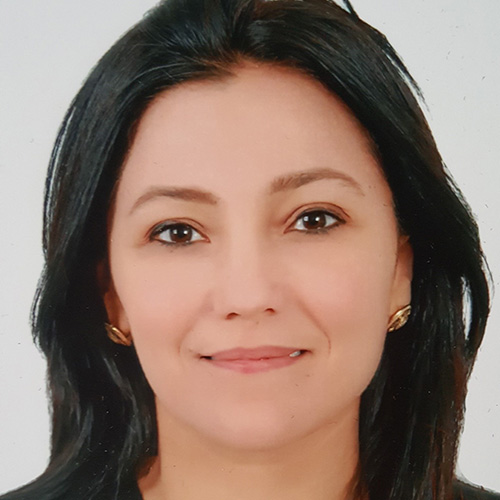

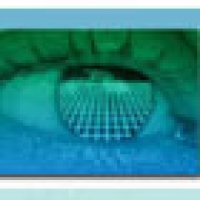

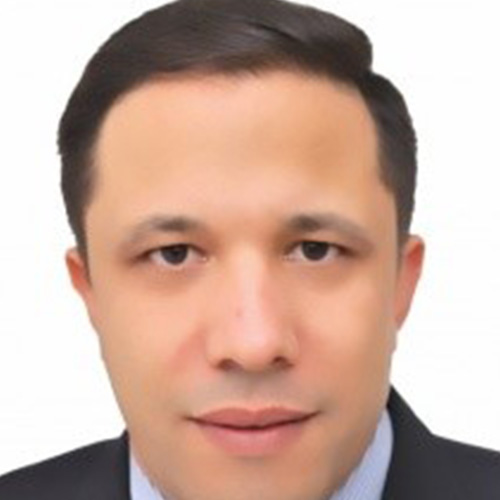
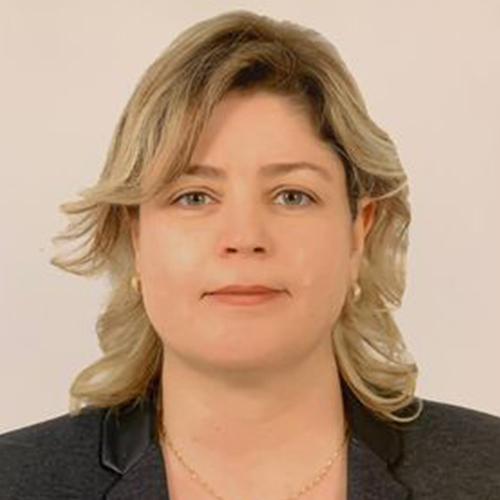
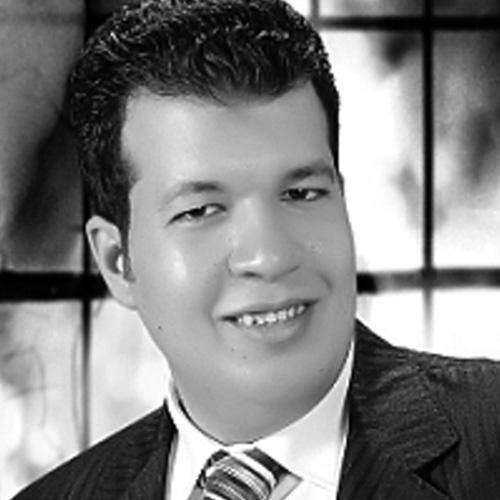
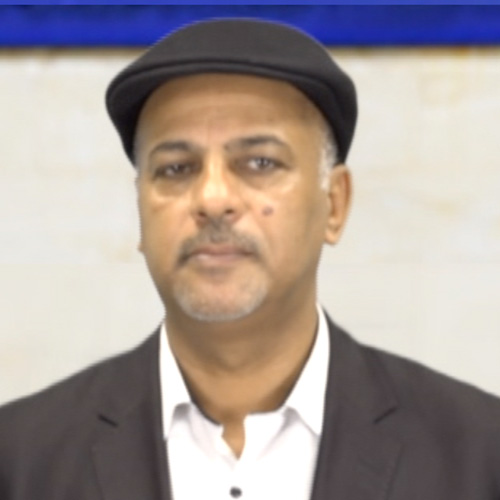




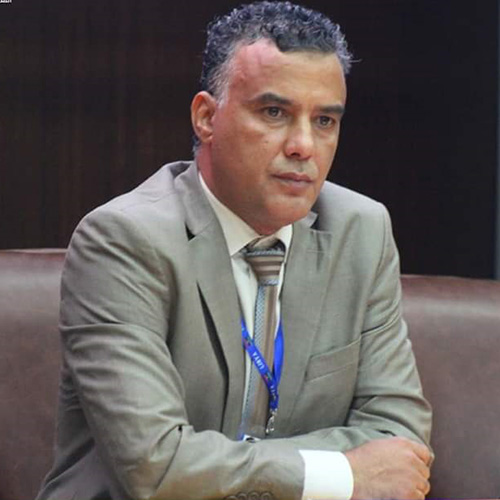

Working Group: Unified Arabic Braille Portal
The Unified Arabic Braille Portal from Mada Center, Qatar, aims to develop the Arabic Braille table in math and science signs/ symbols, as well as to develop the first eight-dots Arabic computer braille table to take advantage of Its multiple features, such as writing or reading a single code in a single cell and supporting some computer signs. Braille is the only way that enables blind or blind-deaf people who have difficulty accessing printed materials to read and write using assistive technology.
Coordinator: Dr. Achraf Othman, Mada Center, Qatar
Members:




Last update: 11-November-2021
